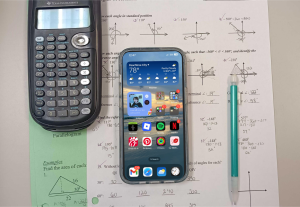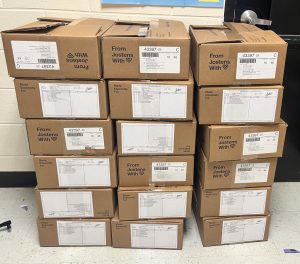Air and Water Pollution
Jan 25, 2021
Air pollution and marine/water pollution is a recurring issue around the globe as ocean and flood with trash. And our air continuously gets filled with toxins. Materials like paper or an apple core decompose and disintegrate quite quickly, plastic, especially bottles, process to decompose takes much longer.
According to a researcher with the Center of Biological Diversity, plastic bottles take roughly 70-450 years and plastic bags take even longer, ranging from 500-1000 years.
Items that are littered find their way to bodies of water or the ocean typically by wastewater, wind, rain, and floods. Most commonly single use plastics like bottles, bags, straws, cotton buds, or wrappers are easily carried on the wind to the coast due to their lightweight nature. When these plastics are in the ocean it doesn’t take long before animals end up finding them and toxic chemicals get released into the air.
Pesticides are also a big problem in the marine ecosystem. When pesticides and fertilizers from lawns and farms, motor oil and sewage are washed into local streams and rivers. Allowing toxins into various food webs can cause mutations as well as diseases, which can be harmful to humans as well as the entire food web.
Junior Madison Cassel Hughes, an active member of Adopt-a-stream explains, “Non-point sources pollution like that from plant fertilizer runoff or even chemicals that seep into the water from asphalt is the majority of pollution that runs into streams,” said Hughes. “Since it does not come from a single point. It is hard to find the cause of the pollution and to pass regulations on it.”
It’s not just humans being affected as we know, the true victims are the animals whose homes are being destroyed over one selfish act that leads to an even bigger problem later on in the cycle.
According to a study with the well known brand, National Geographic, “over 700 species of marine animals have been reported to have eaten or been entangled in plastic.”
Humans have done so much to harm the ocean and organizations and other groups are scrambling to undo the damage caused. Like mentioned earlier in the article, at McIntosh High School, we have a club called Adopt-a-stream. Adopt-a-stream is a part of a large organization that monitors quantitative indicators of water and habitat quality. Hughes, an active group member, explains some things they do in this club: they test the dissolved oxygen of the water which is needed for any animal, fish, or macroinvertebrates. They also test the pH and learn about the various types of animals living in the stream. The bodies of water and oceans around the globe need our help, we can all do better whether you are limiting the amount of plastic you throw away, type of fertilizer you are using, buy reusable water bottles and items instead of plastic, or even getting involved in a program or organization near you. We can all help and contribute help to try to undo the damage we have already done.










